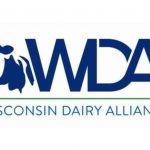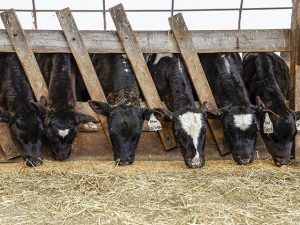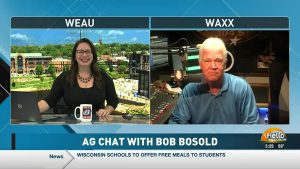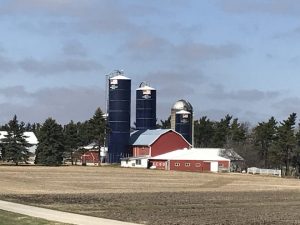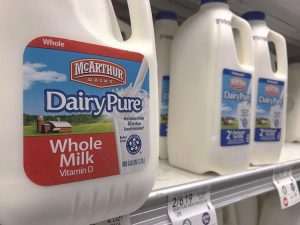
The goal was to get as many people involved in dairy together in one room.
Prompted by a call from U.S. Agriculture Secretary Tom Vilsack to discuss solutions to Federal Milk Marketing Order shortfalls, the American Farm Bureau Federation hosted a dairy forum last October in Kansas City, Missouri.
Ohio Farm Bureau sent several members to the Federal Milk Marketing Order Forum, which included panels on various aspects of the FMMO, followed by roundtable discussions structured to spur conversation among all parts of the dairy sector, but with a clear focus on farmers.
Roger Baker, who serves as a trustee on the Ohio Farm Bureau board and grows forages on his Wayne County farm, works with dairy farmers on a daily basis. One of the issues that always comes up in conversation pertains to milk pricing.
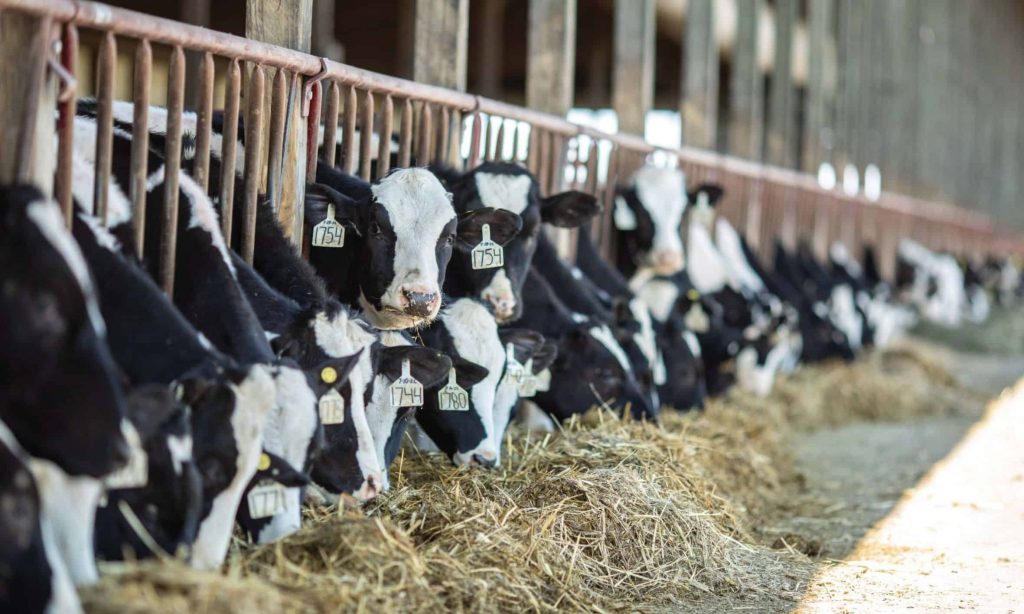
“I’ve always had a heart for the dairy farmers because it’s a tough job,” Baker said. “They spend hours on the farm and sometimes they feel hostage to the price of their product, so I have made it a passion of mine to promote the dairy industry. In my opinion, the forum we attended in Kansas City is one of the first steps that I’ve seen in giving a true advantage to the producers to actually be able to get involved in the process.”
Farm Bureau member Karl Wedemeyer’s family farm is in Marion County, where they milk about 200 cows in a partnership among Karl, his parents and his younger brother. He also serves on the board of Ohio Dairy Producers Association and on the Ohio Farm Bureau Foundation board.
“I think the goal of the meeting was really to bring farmers from all over the country together, give everybody a voice and hear their ideas,” Wedemeyer said. “I really think it helped bring a little more of a consensus to the milk pricing reform that we’re looking at and is getting all farmers on board around the same policy ideas that we can move forward with from here on out.”
Kurt Steiner also made the trip to Kansas City. He milks 650 cows in Wayne County and has been at the family farm for almost 30 years. During that time, he hasn’t seen much to enhance the dairy pricing system, which doesn’t make it easy to plan for the future of his farm.
“Nothing’s really changed since 1994 to now as far as the knowledge and the understanding of the pricing program,” Steiner said. “It’s one of the most frustrating things of having another generation come in because the boys will ask me how does the milk check figure out, and you sit down to try to explain it and it’s sort of unexplainable. It’s not like a corn and soybean market where you kind of know your inputs, you know what you’re getting for your product and you just accept it. So if we can just get some simplicity, I think little things like that are going to help.”
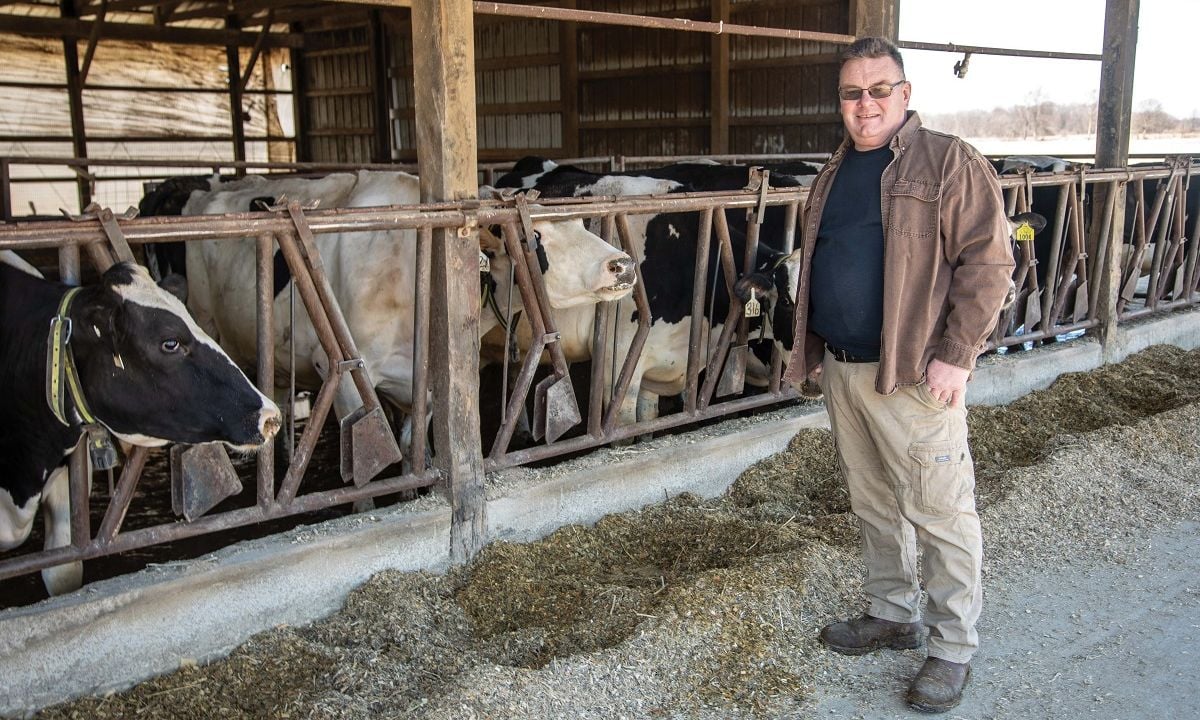
For Eric Grim, who runs a small dairy farm in Lorain County, the lack of adjustments to the milk pricing system is astounding, considering the advancements made in the dairy industry.
“You know, the consensus of the consumer today is that we still milk cows by hand, and the truth is we haven’t done it that way for 60 some years,” Grim said. “A lot has changed in the industry. We have a lot more very good products on the market now, from organic all the way to conventional, whey products to cheeses, there’s just a myriad of products that aren’t reflected in that federal order system that was put in place actually in the 1930s. So 100 years later, we need to update it. We need to modernize it and make some changes.
Developing Farm Bureau policy
As a result of the Federal Milk Marketing Forum, farmer and rancher delegates at the 2023 American Farm Bureau Annual Convention adopted policies to guide the organization’s work on the dairy pricing front. They voted to bring more transparency to the federal milk pricing system, made several changes to policy including support for more USDA audits of processing costs to ensure data remains accurate, and a Federal Milk Marketing Orders voting procedure that requires cooperatives to communicate more clearly with members regarding proposed changes.
Before any new policy recommendations can be shared with the federal government, there is a legislative step in the works that needs to be taken. The newly introduced Dairy Pricing Opportunity Act of 2023, which is supported by Ohio Farm Bureau and American Farm Bureau, has been introduced. The bill would direct the U.S. Department of Agriculture to hold a National Federal Order hearing, within 180 days of its passage, that would review farmer and industry proposals.
“These are serious times in the dairy industry,” Steiner said. “When you hit a serious time and the right people get in the right room, a lot of the friction leaves because it’s time to make decisions. You’re no longer bickering, you’re no longer bantering back and forth, trying to play poker with each other. It’s time to do things. I think we reached that point in Kansas City. There are some serious issues, and we have to address them.”

